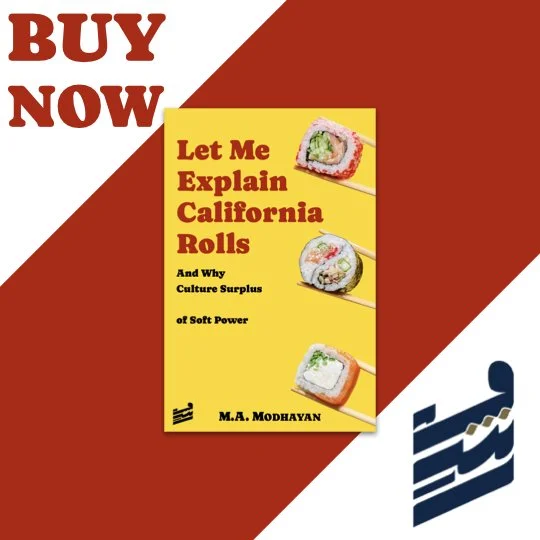Author’s Note
The essays and notes published on this website are a cultural and analytical exploration of how societies express, transmit, and export meaning. They do not represent any government, institution, or political body. The views expressed are the author’s alone, grounded in cultural observation rather than ideological judgment.
Some pieces engage with themes such as diaspora, marginalization, and state narratives, which naturally intersect with sensitive political or social contexts. These reflections are offered not to condemn, but to gain a deeper understanding. Their purpose is to provoke thought, not controversy.
The aim is to examine the force of culture surplus, not as a geopolitical tactic, but as a human phenomenon that shapes how we see ourselves and how we are seen by others.
Readers are invited to approach these writings with nuance and openness, recognizing that culture, like identity, is dynamic, layered, and often contradictory.
Reclaiming “Baladi”: When Local Becomes Authentic
Once dismissed as outdated, “Baladi”, the Egyptian word for “local” , is being reclaimed by a new generation as a symbol of authenticity and pride. But revival without meaning risks turning heritage into décor. “Baladi” must be allowed to tell its own story.
If I Were to Rewrite Soft Power by Joseph Nye
Joseph Nye’s Soft Power defined influence for the 20th century. Two decades later, its language of diplomacy no longer captures how culture, technology, and AI shape admiration. This reflection reimagines Nye’s framework for a world where influence flows through algorithms, not embassies.
Get Your Copy





